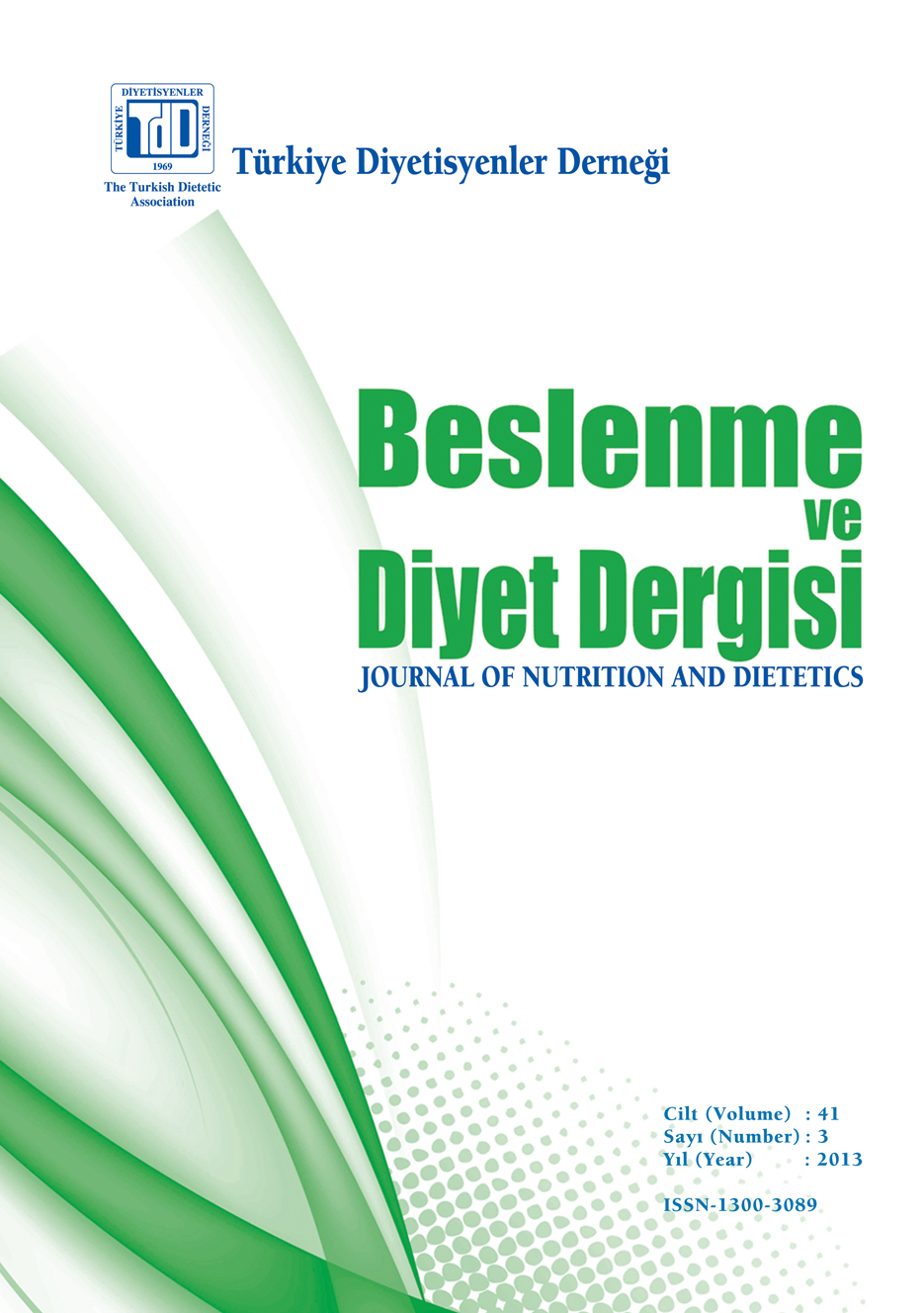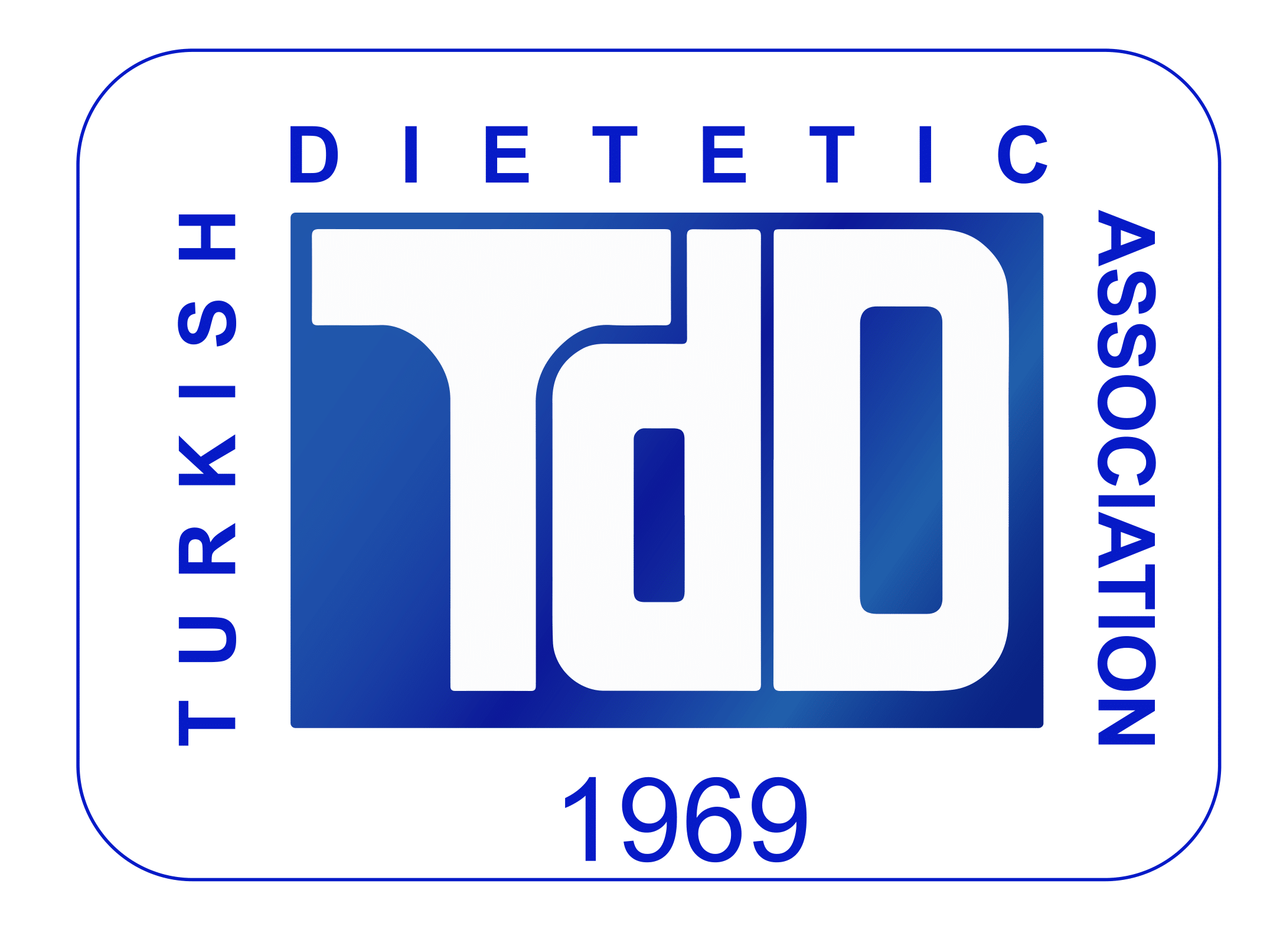Relation Between Eating Attitudes and Personal Body Image Perception Among Female University Students
Keywords:
University students, adolescent, eating attitudes, body image perceptionAbstract
Aim: This study was conducted to obtain knowledge on the eating attitudes in a group of university students and relate their attitudes with their body perceptions. Subjects and Methods: Study population was 500 female students who attended different programs of universities in Ankara, Turkey. The mean age of students was 21.3±1.90 years (17-29 years). The participants who randomly enrolled in this study were interviewed face to face and completed a questionnaire on their general characteristics and Eating Attitudes Test- 26 (EAT-26). Students with an EAT-26 score equal to or greater than 20 were identified as having eating problems. Body Mass Index (BMI) was calculated from self-reported weight and height measurements by weight in kilograms/height in meters squared (kg/m2). They were classified into four groups according to their BMI values: underweight (<18.5), normal (18.5-24.9), overweight (25.0-29.9) and obese (≥30.0). Students were enquired in terms of their body image perception as ‘too thin’, ‘thin’, ‘just right’, ‘fat’ or ‘too fat’, and those were associated with their BMI values. Results: Of the 500 participants, 8.8% had a total EAT-26 score above the cut off point with a median value 8.0 (0.0-37.0). EAT-26 score of participants did not differ by age, grade, the program which they attended or their accommodation (p> 0.05). However, it differed significantly by BMI, body image perception and their actual BMI classification (p<0.05 for each). Of the 44 participants who had an EAT-26 score above 20, 13.6%, 68.2%, 13.6% and 4.5% were respectively underweight, normal, overweight and obese. A statistically significant difference in the frequency of participants by BMI and body image perception was found (χ2= 243.557, p=0.001). In general, 71.0% of students reported their body image accurate to their actual BMI values. Conclusion: Although a small number of students with abnormal eating attitudes was recorded in this study, eating attitudes significantly differed with BMI and students’ body image perception. Students with BMI values <18.5 kg/m2 or ≥25 kg/m2 and unrealistic self-body image should be taken into consideration in concern with eating attitudes.

